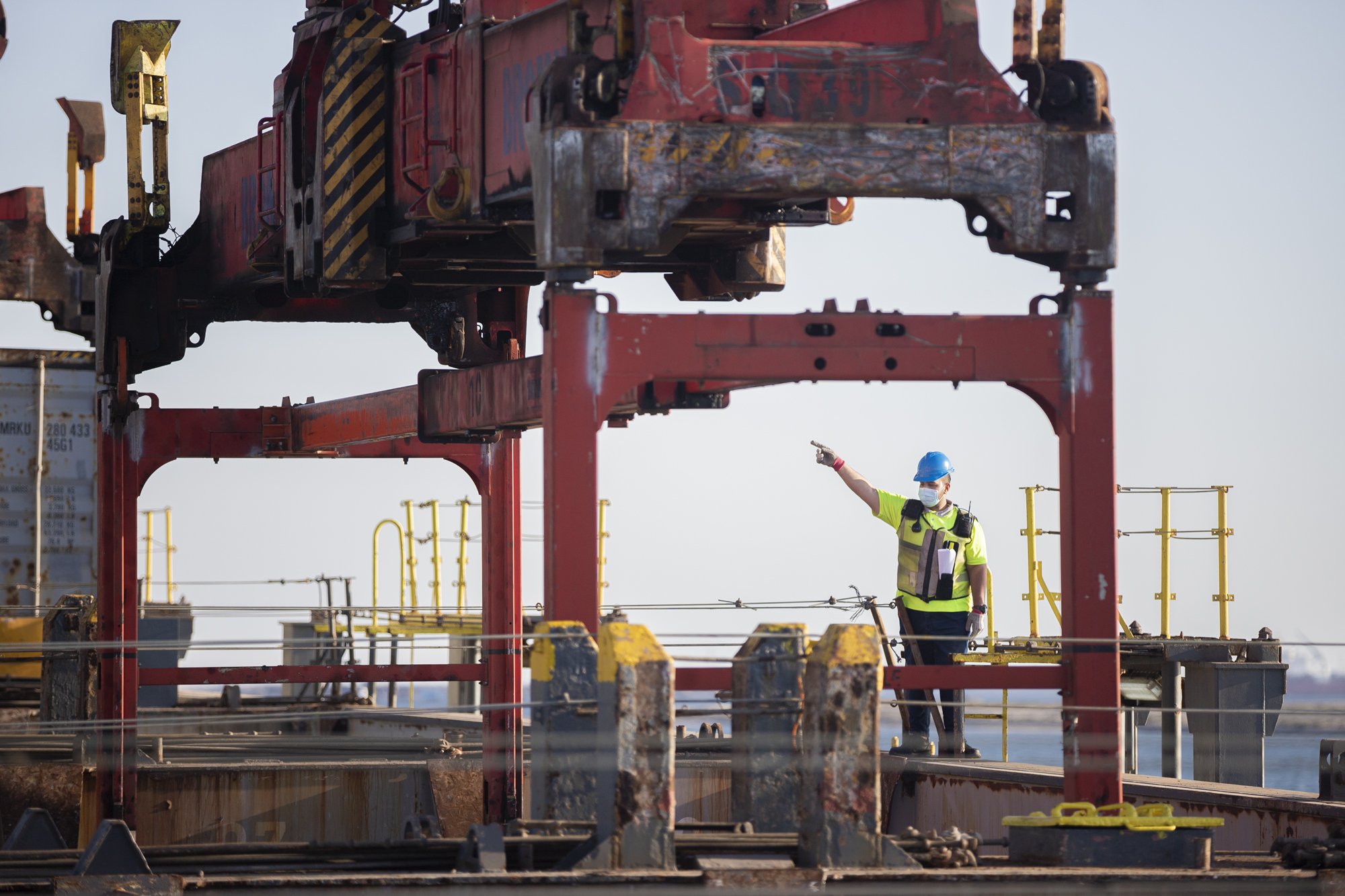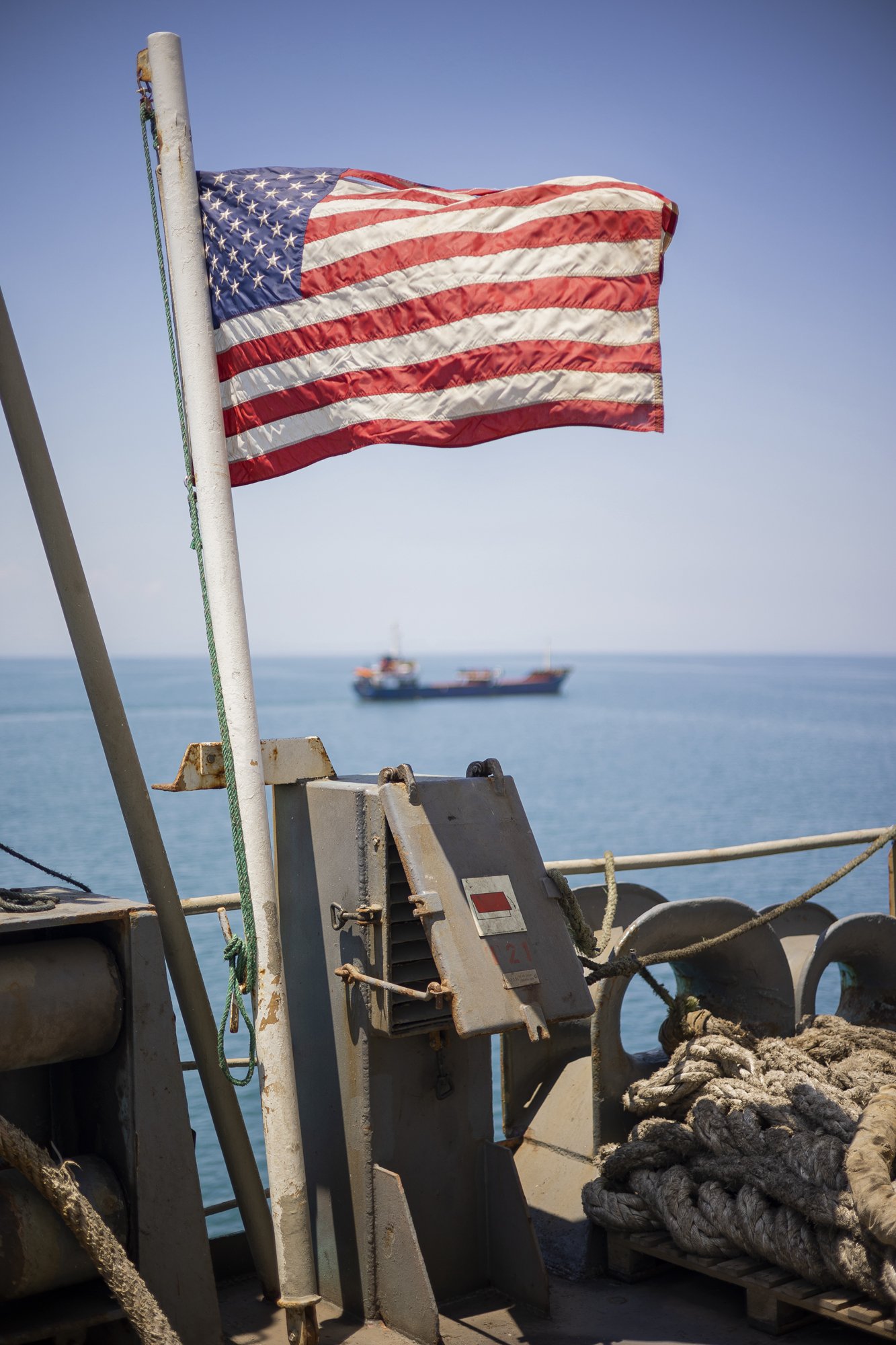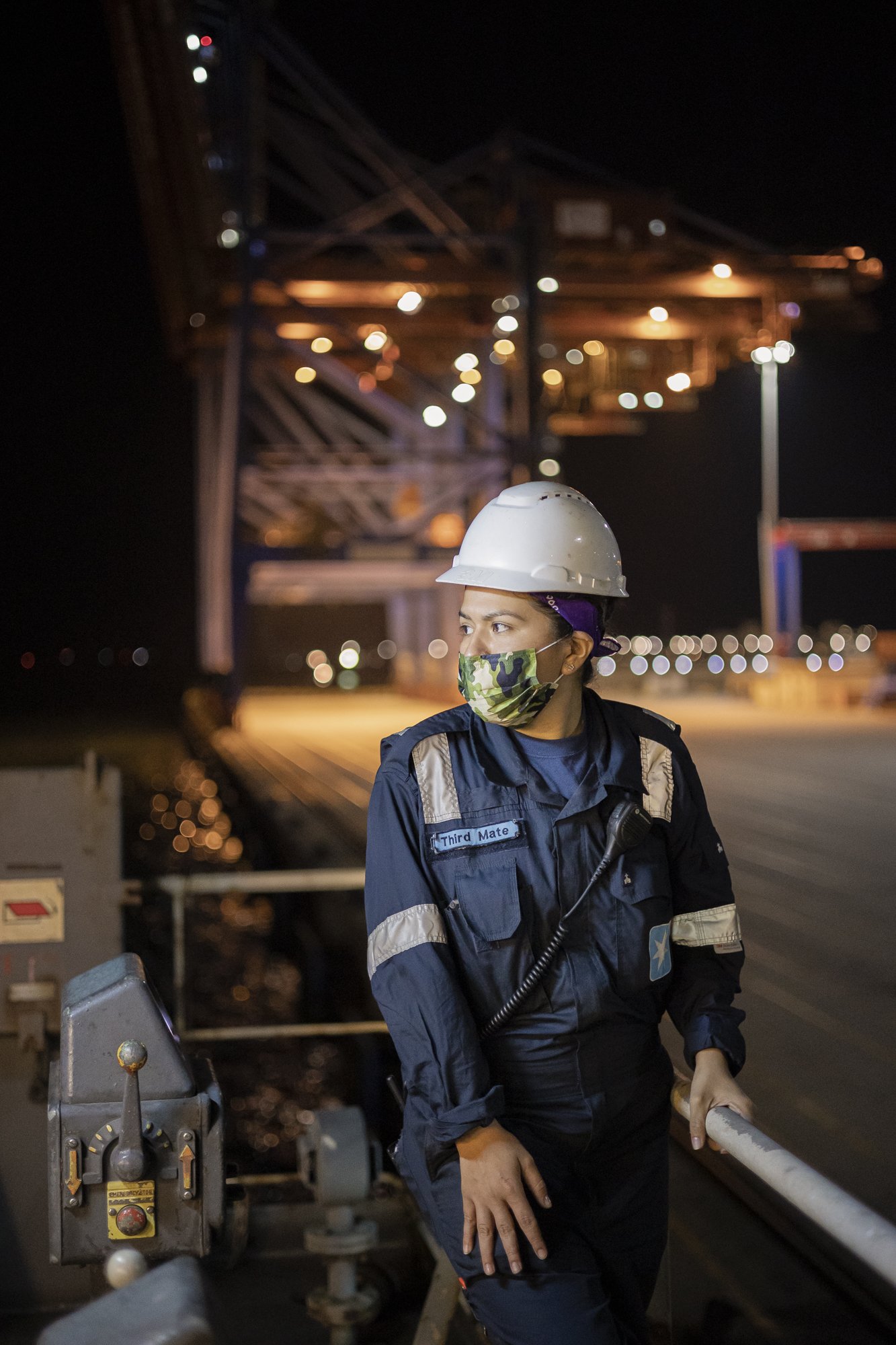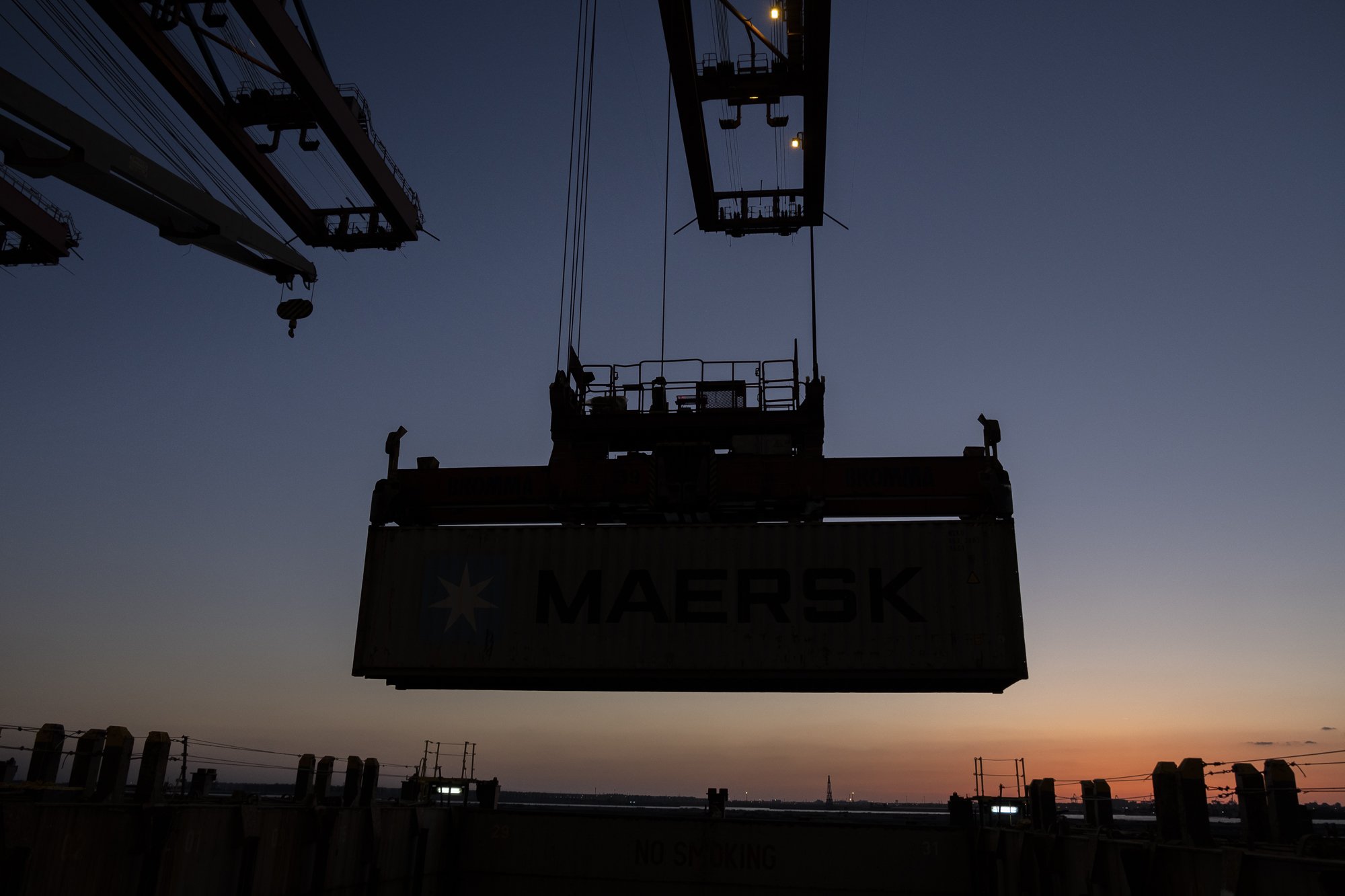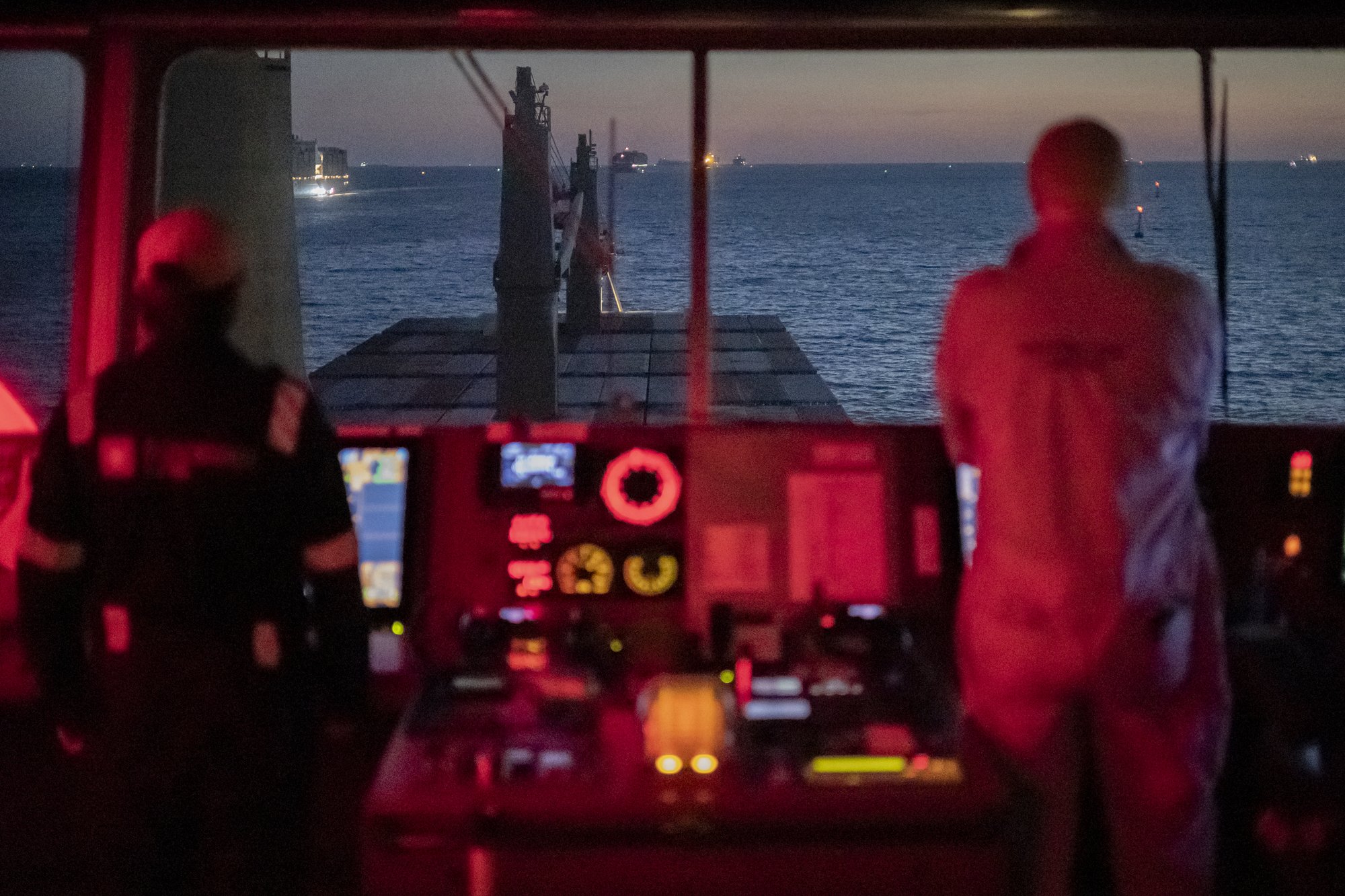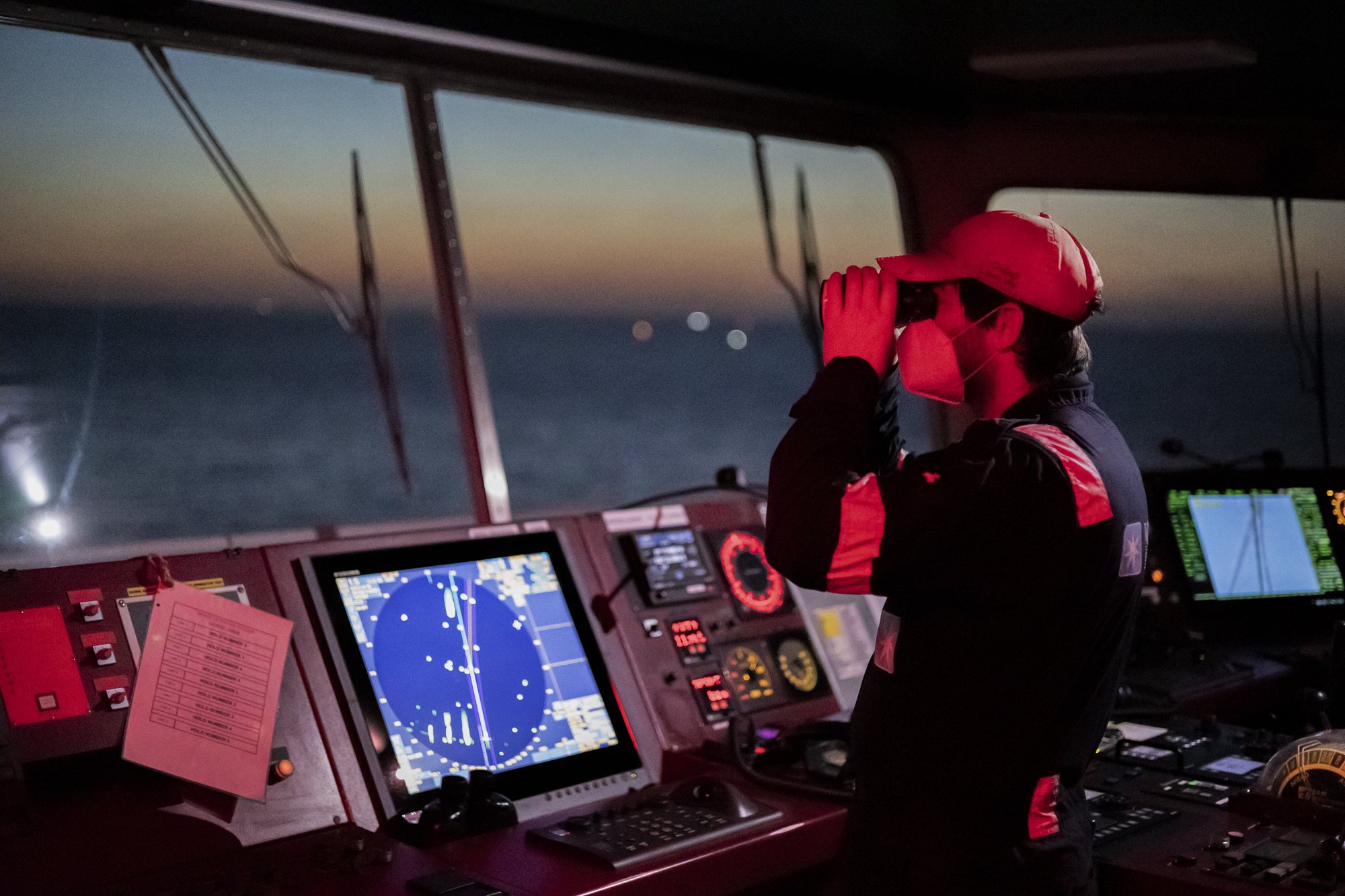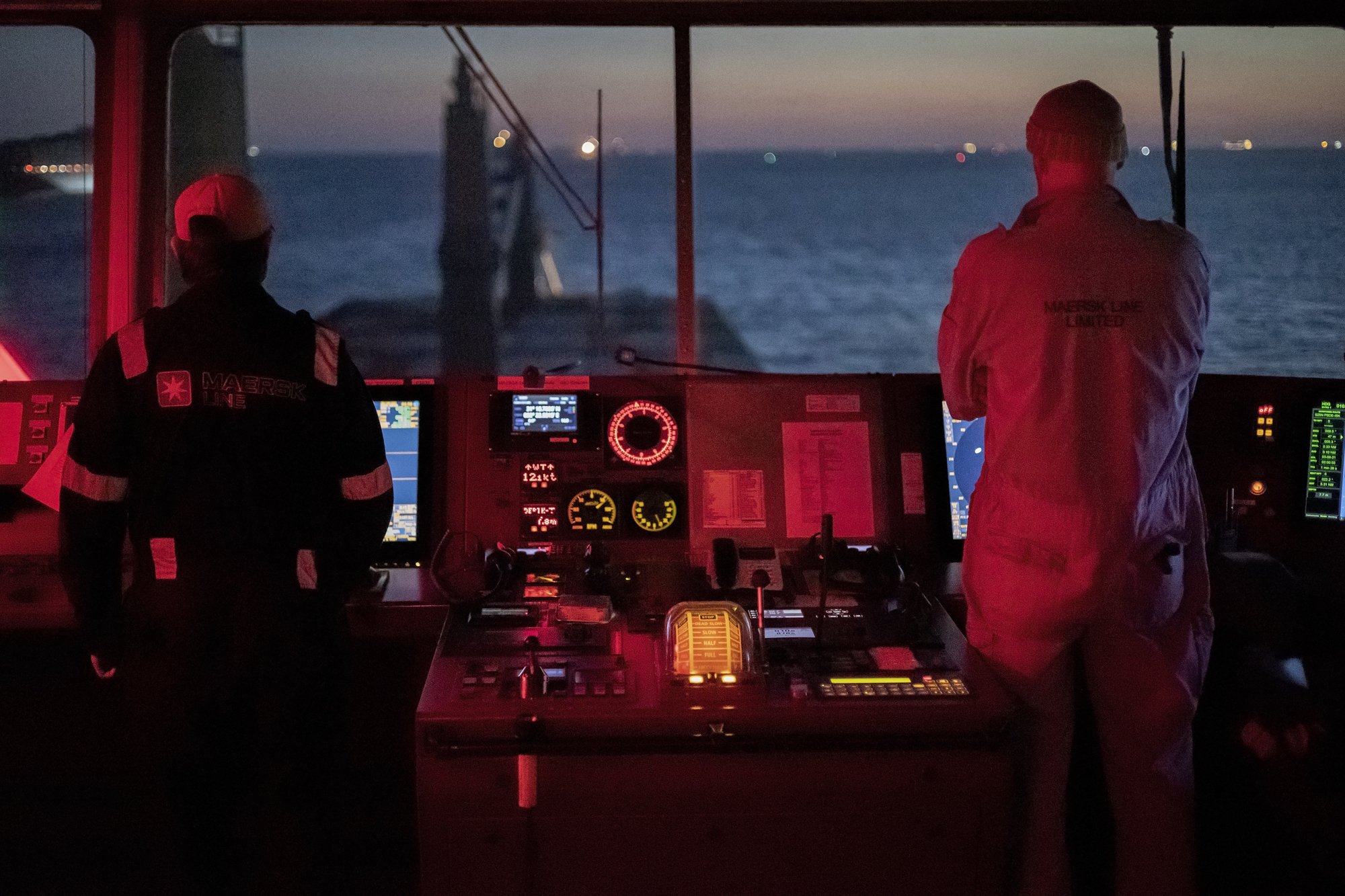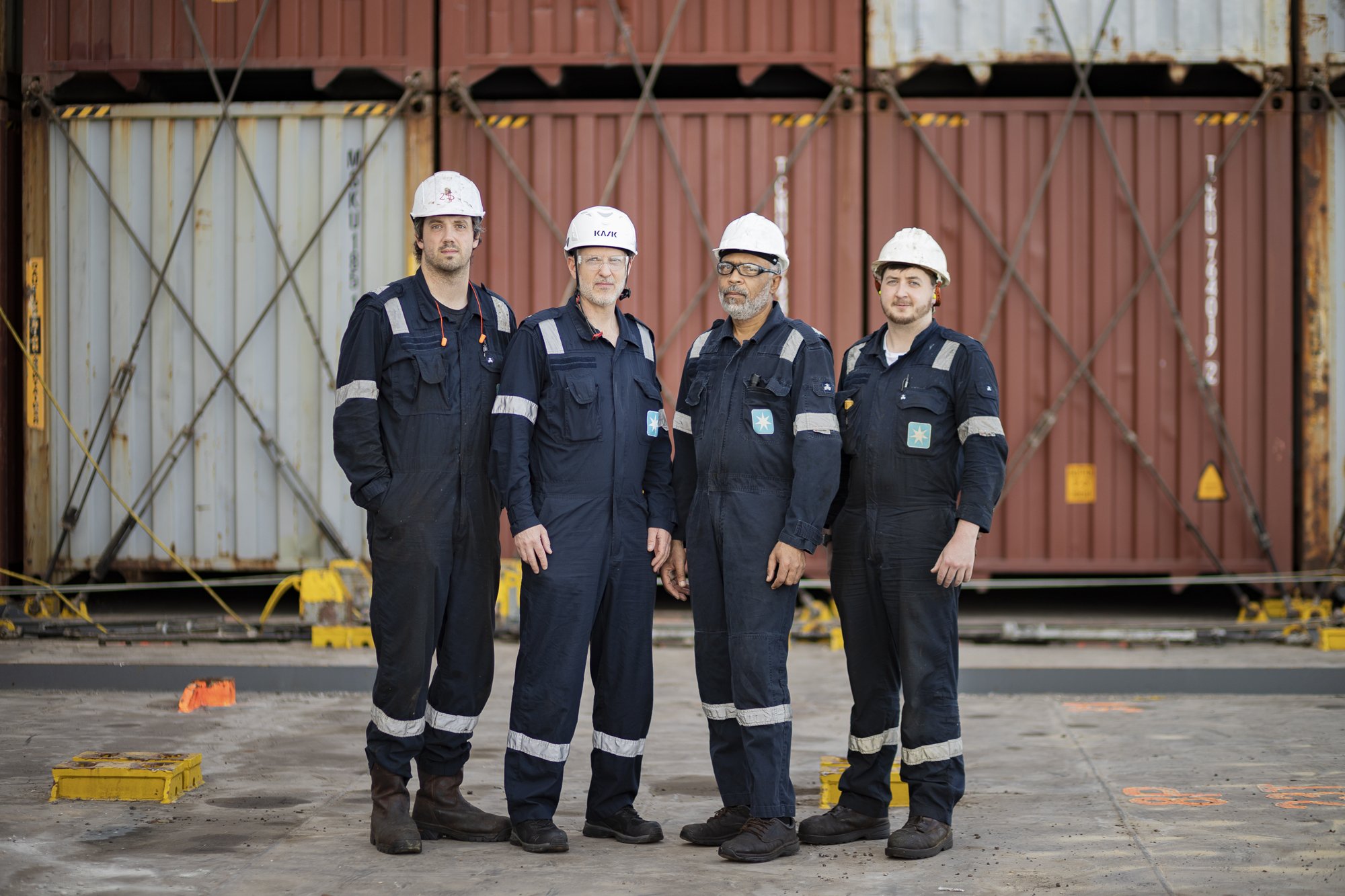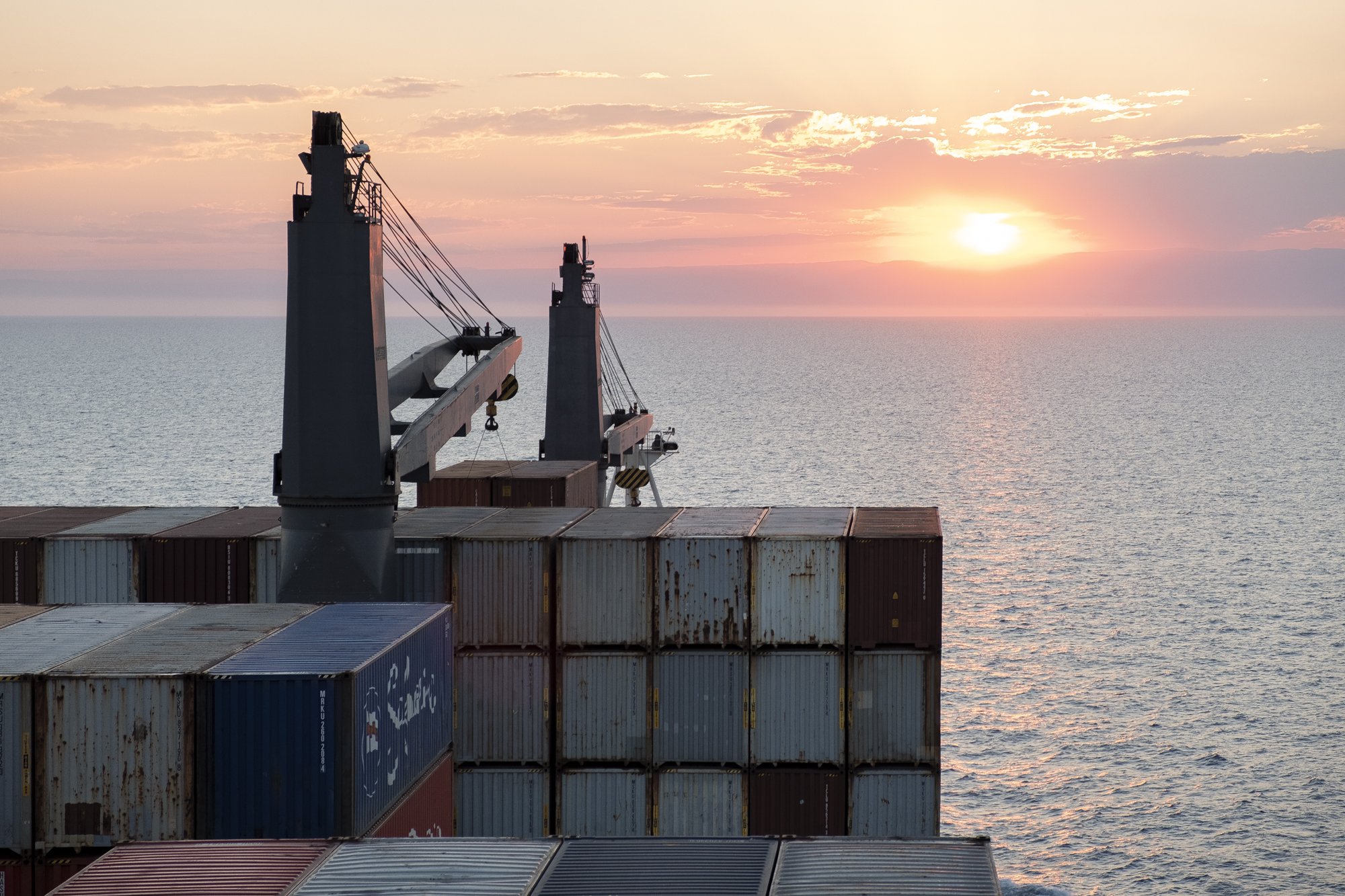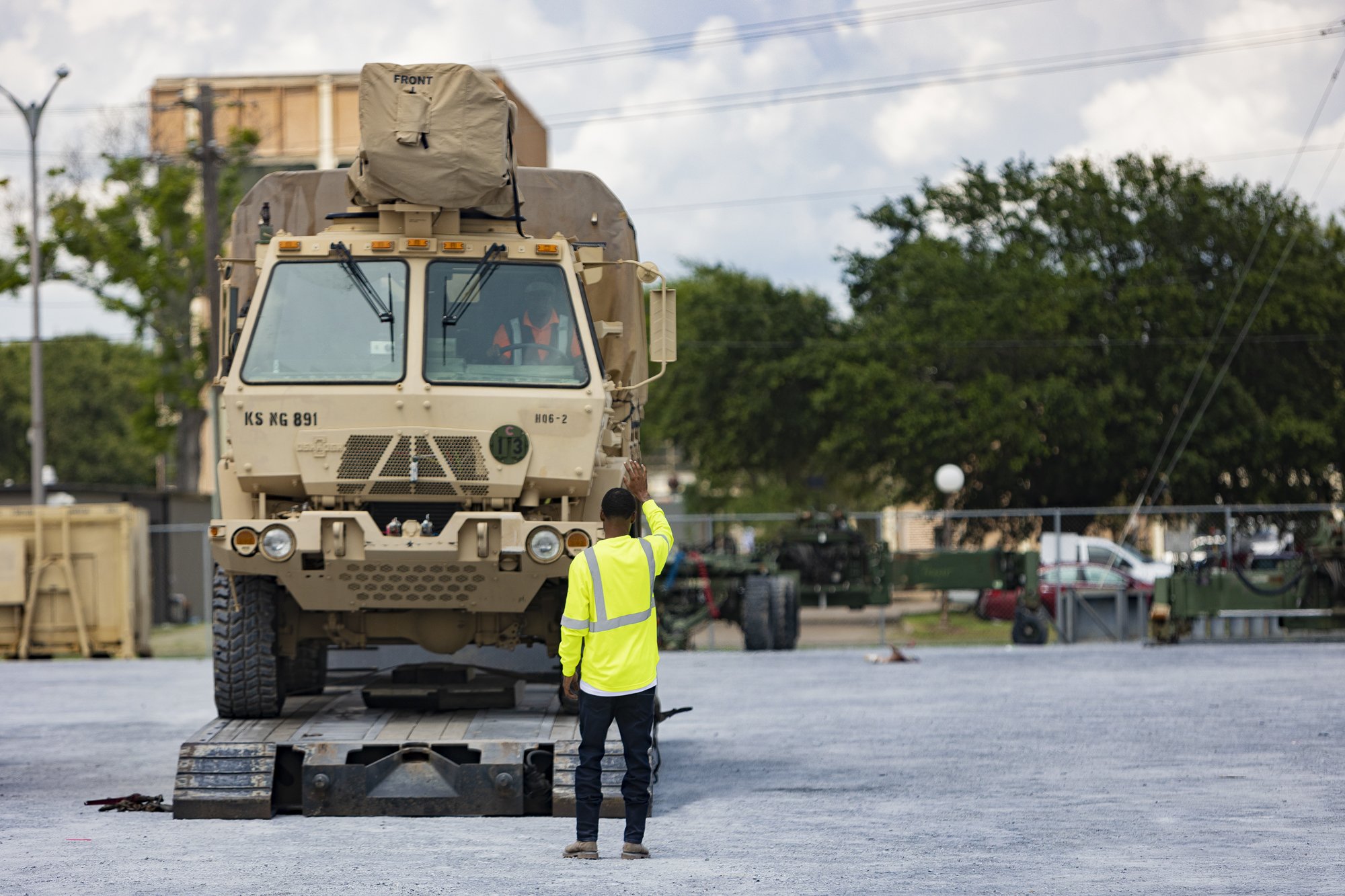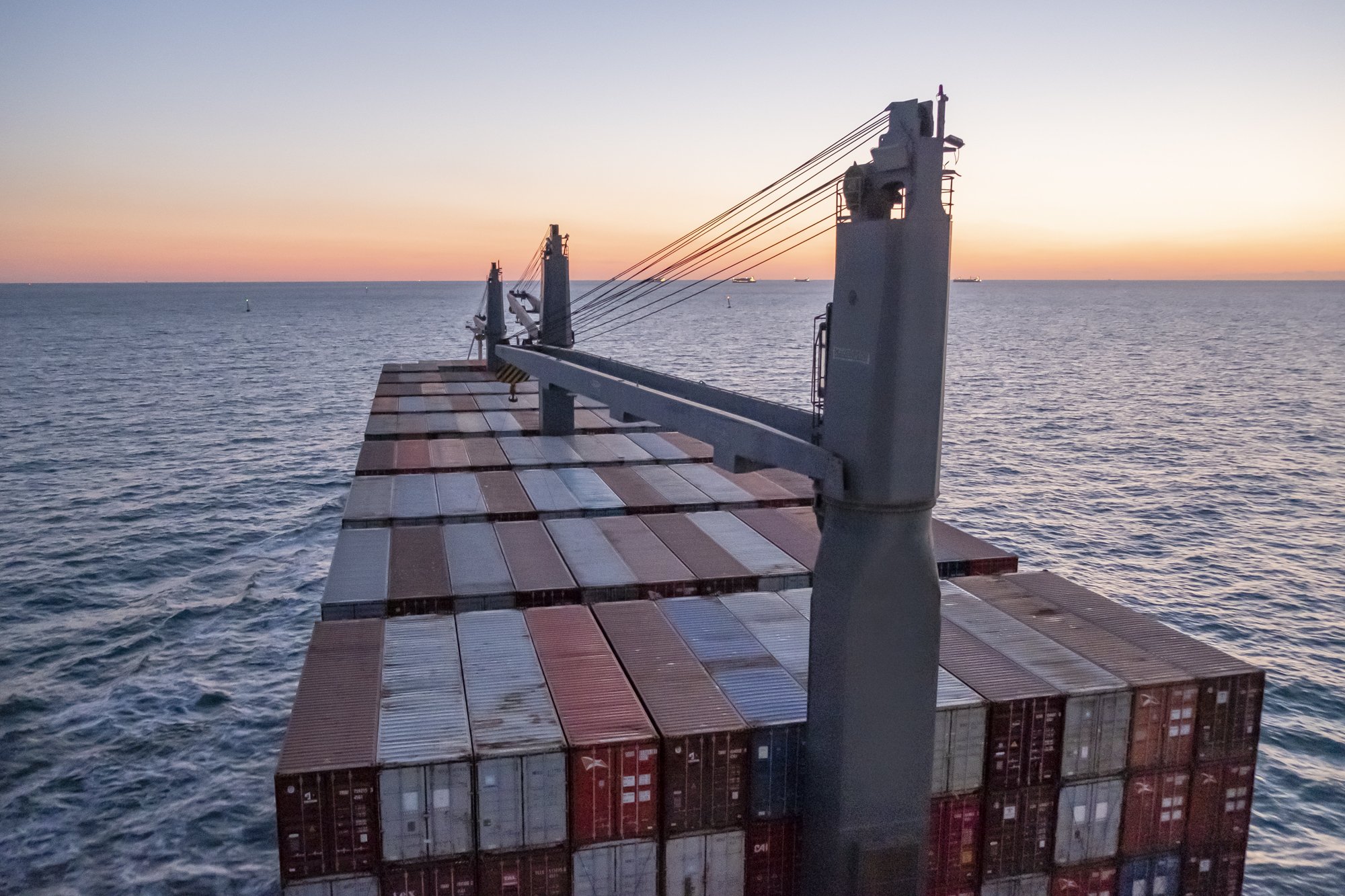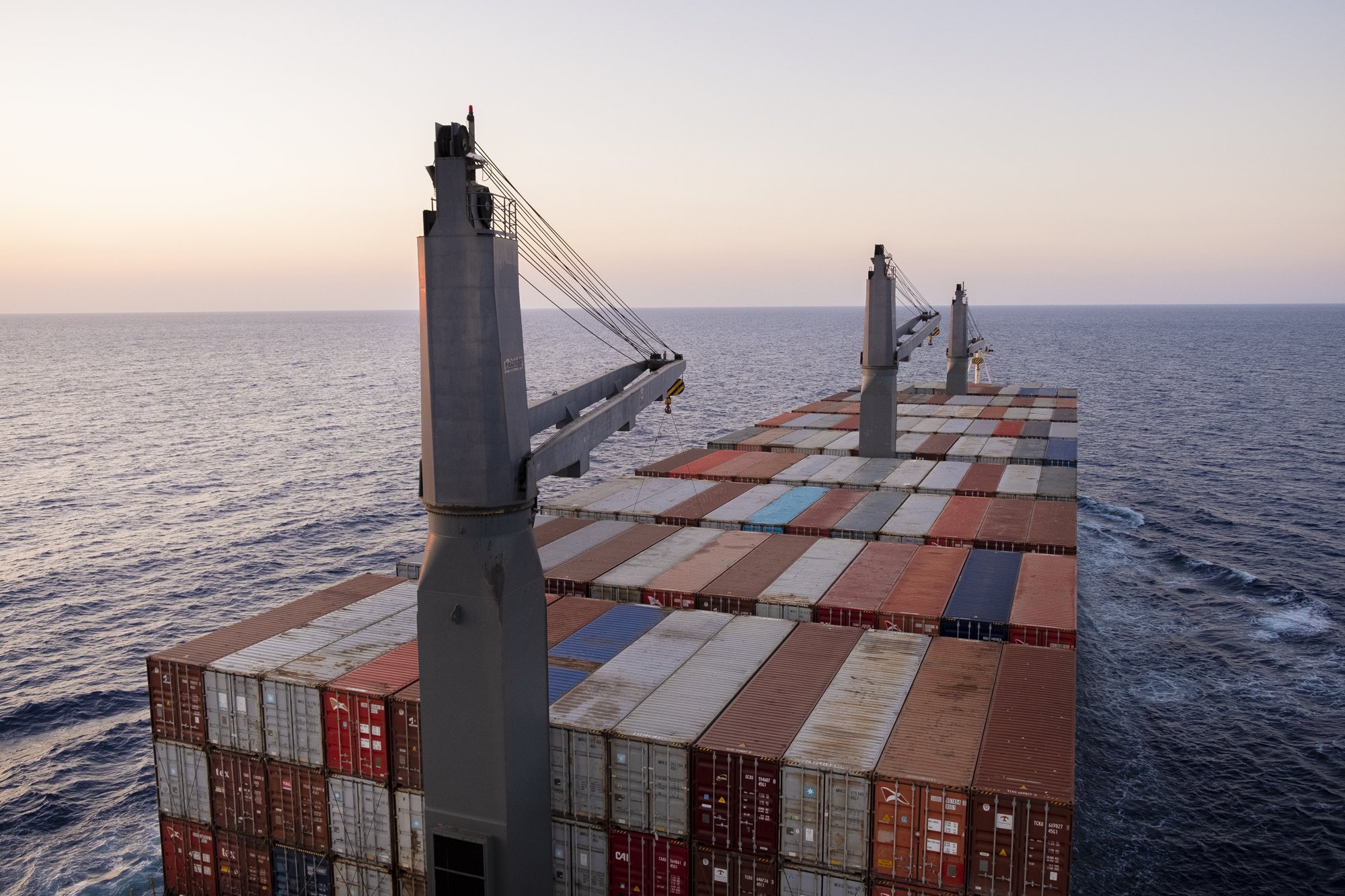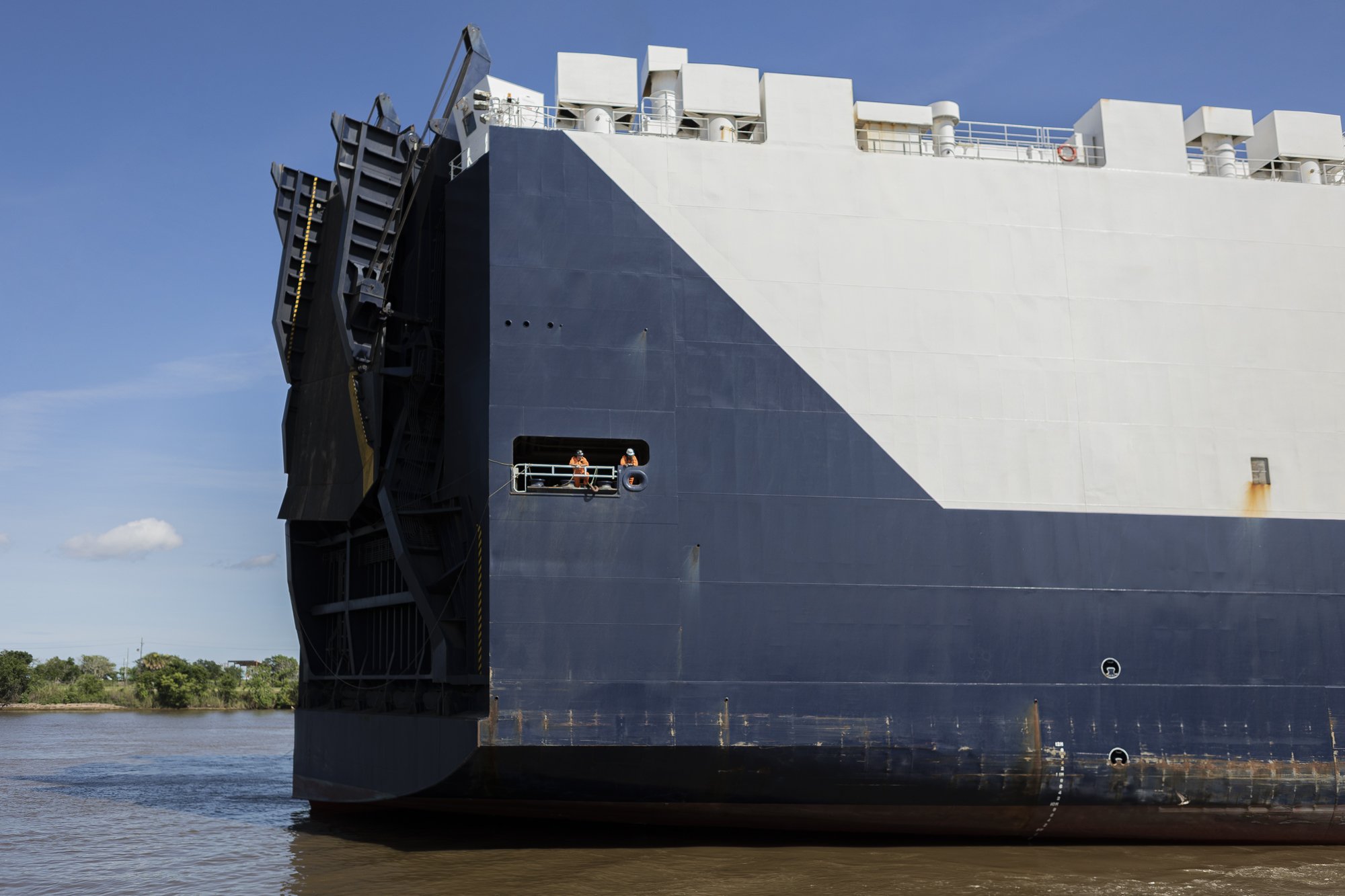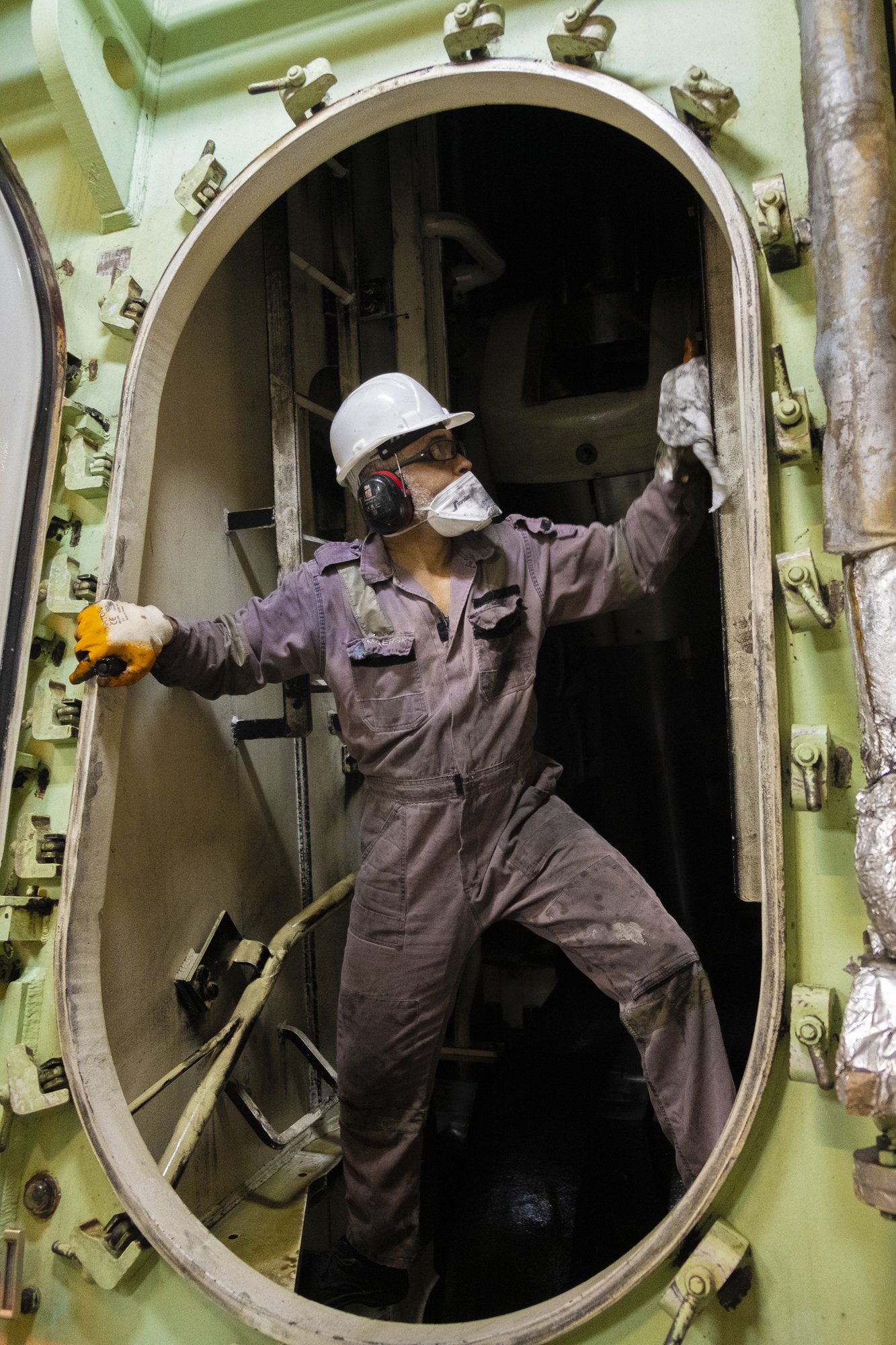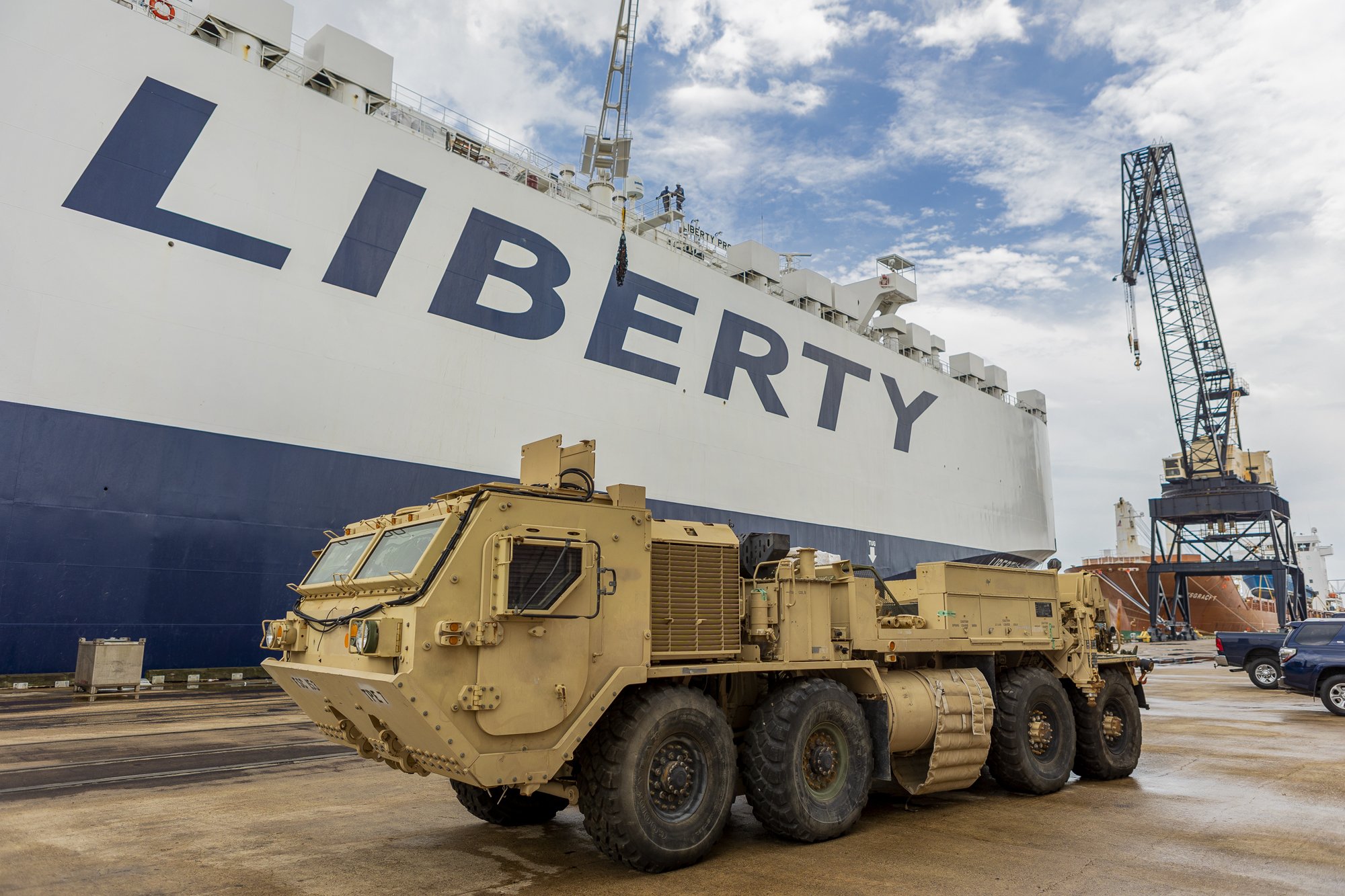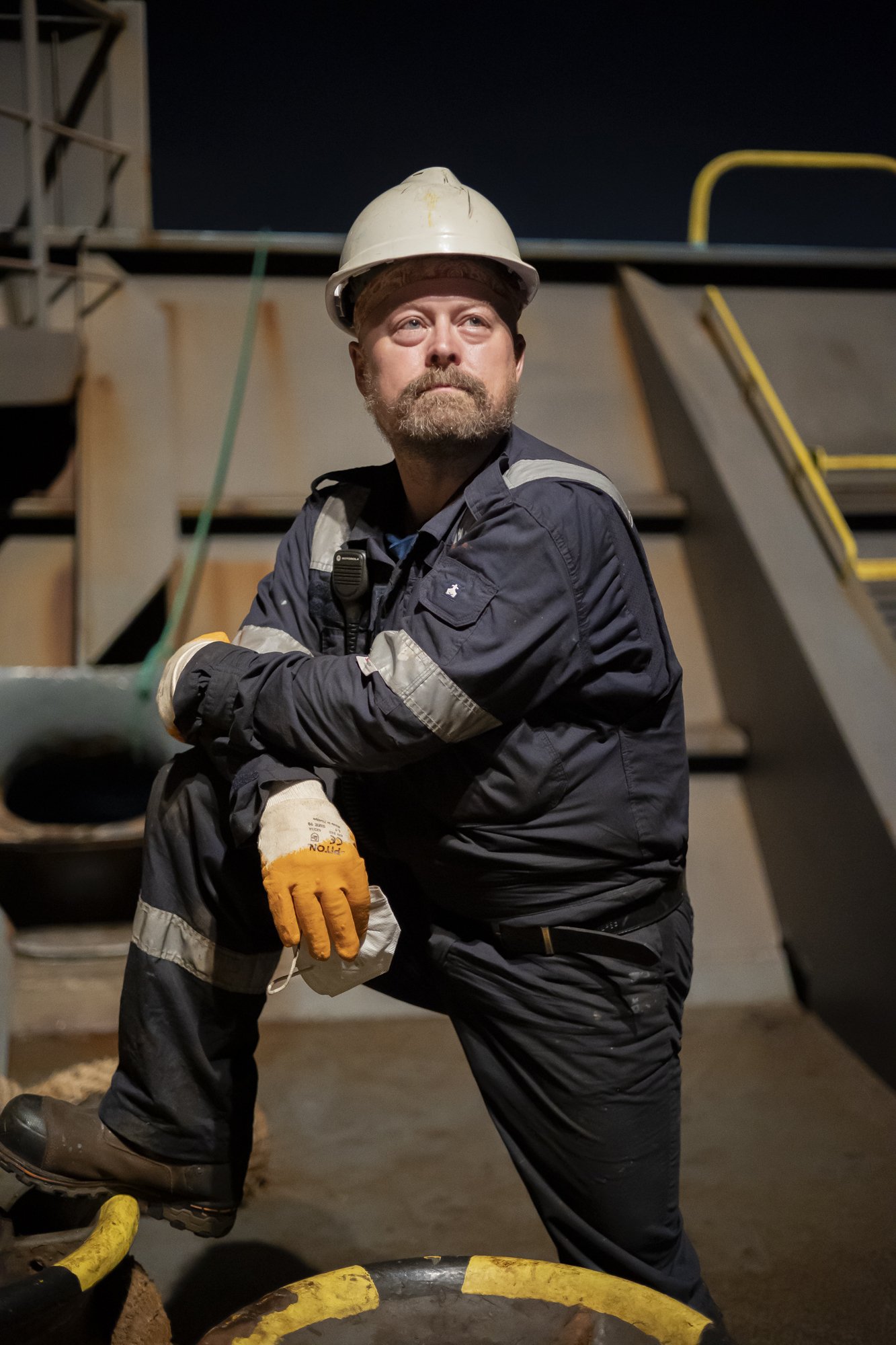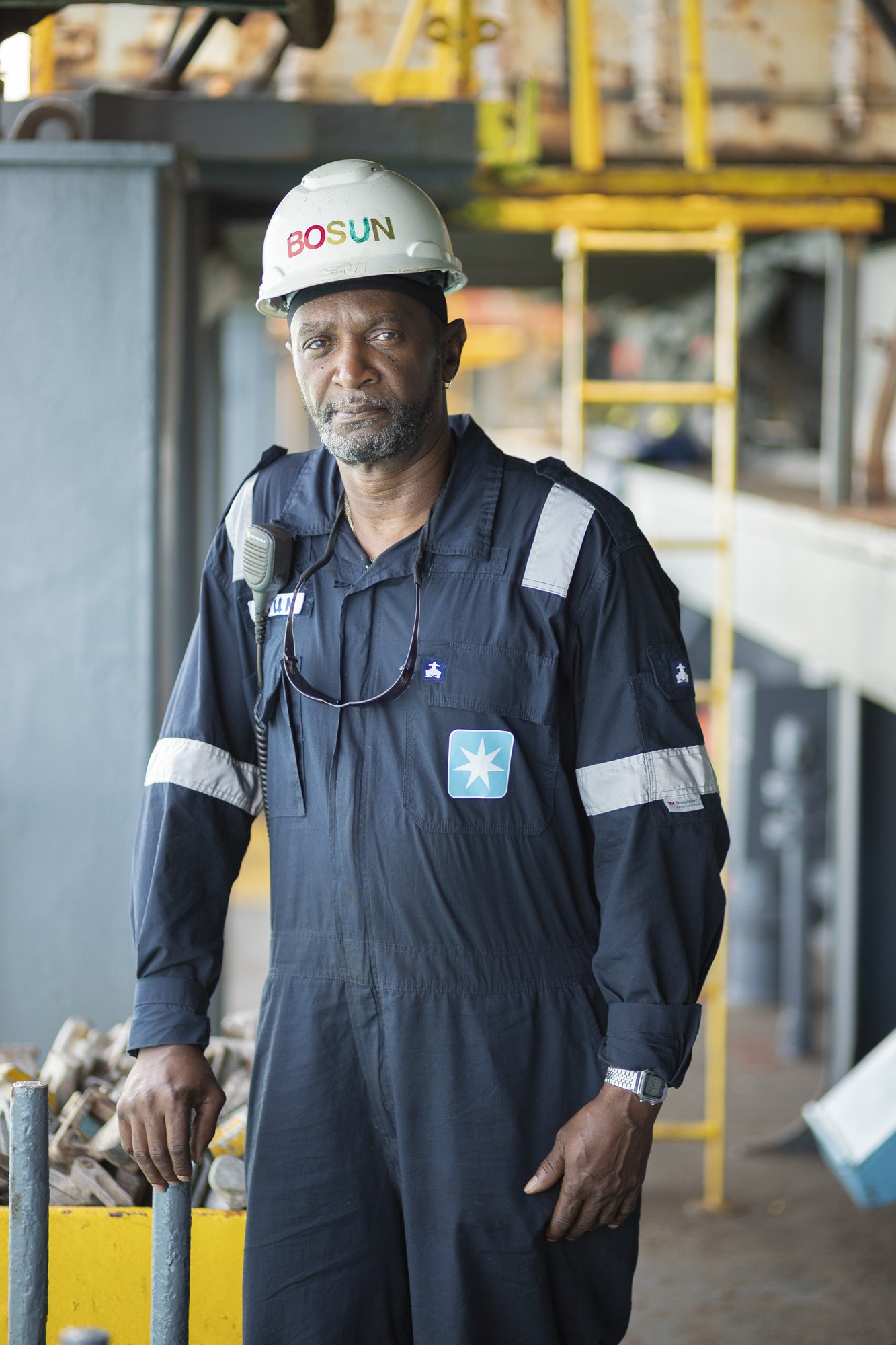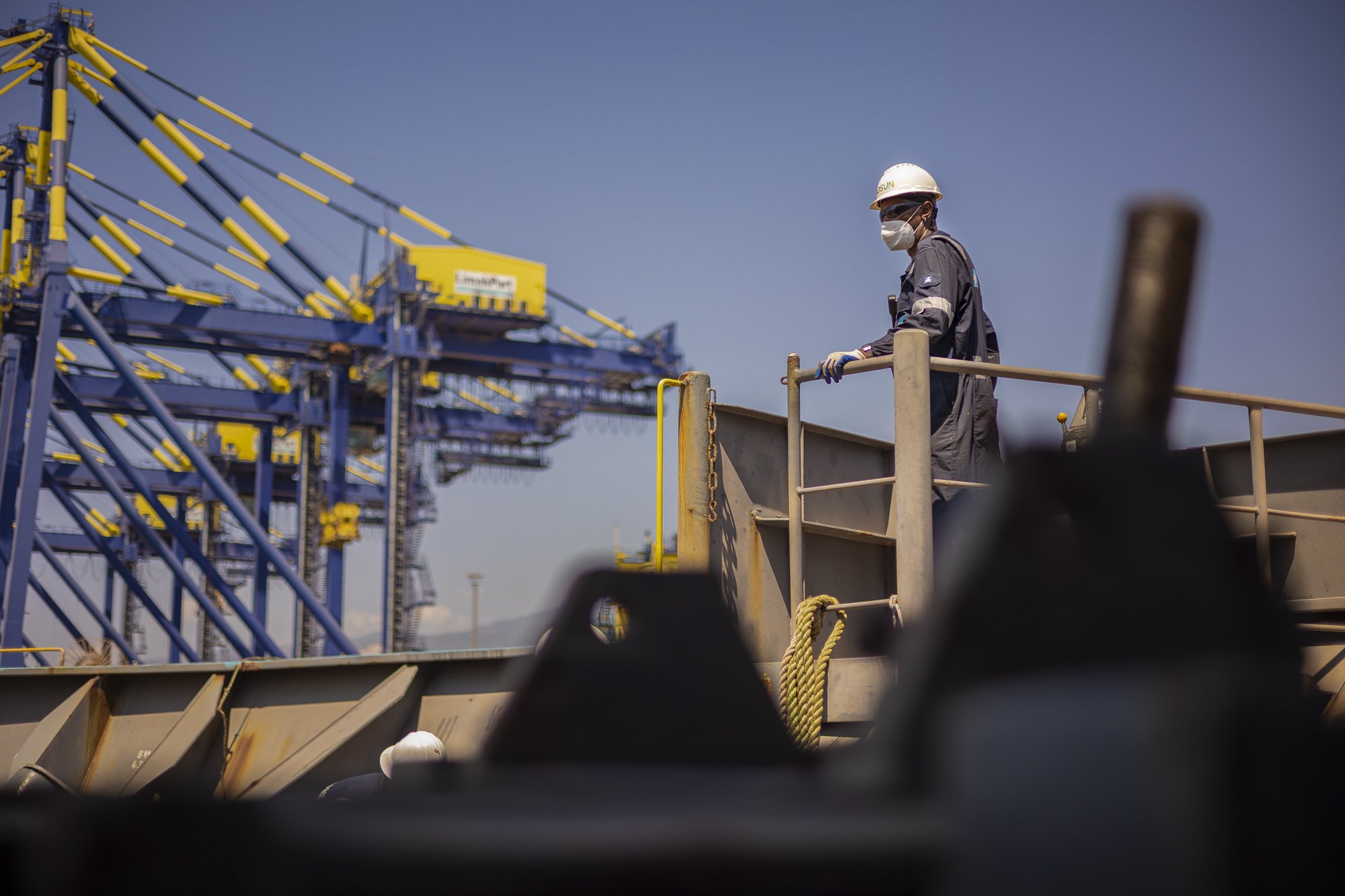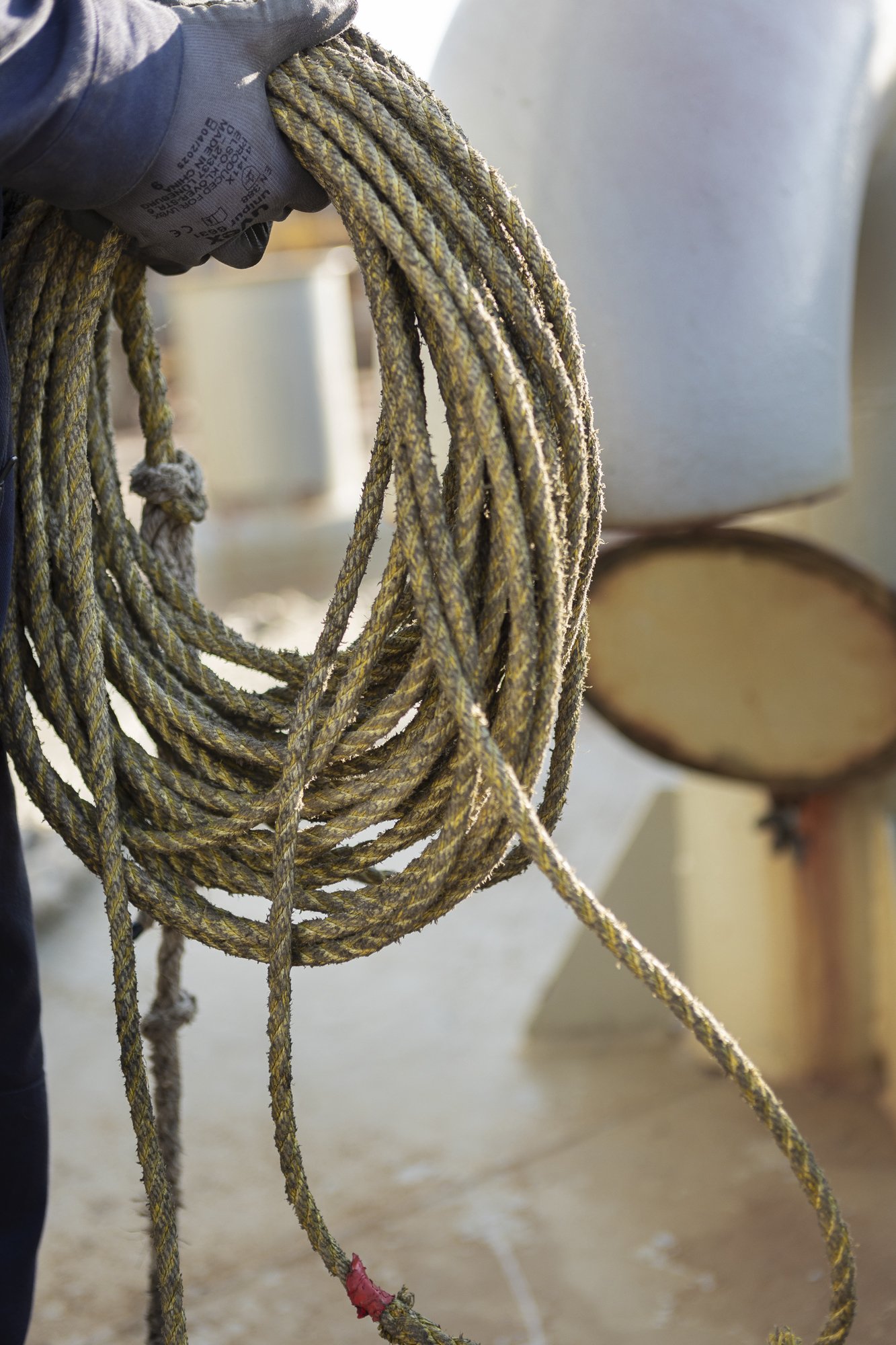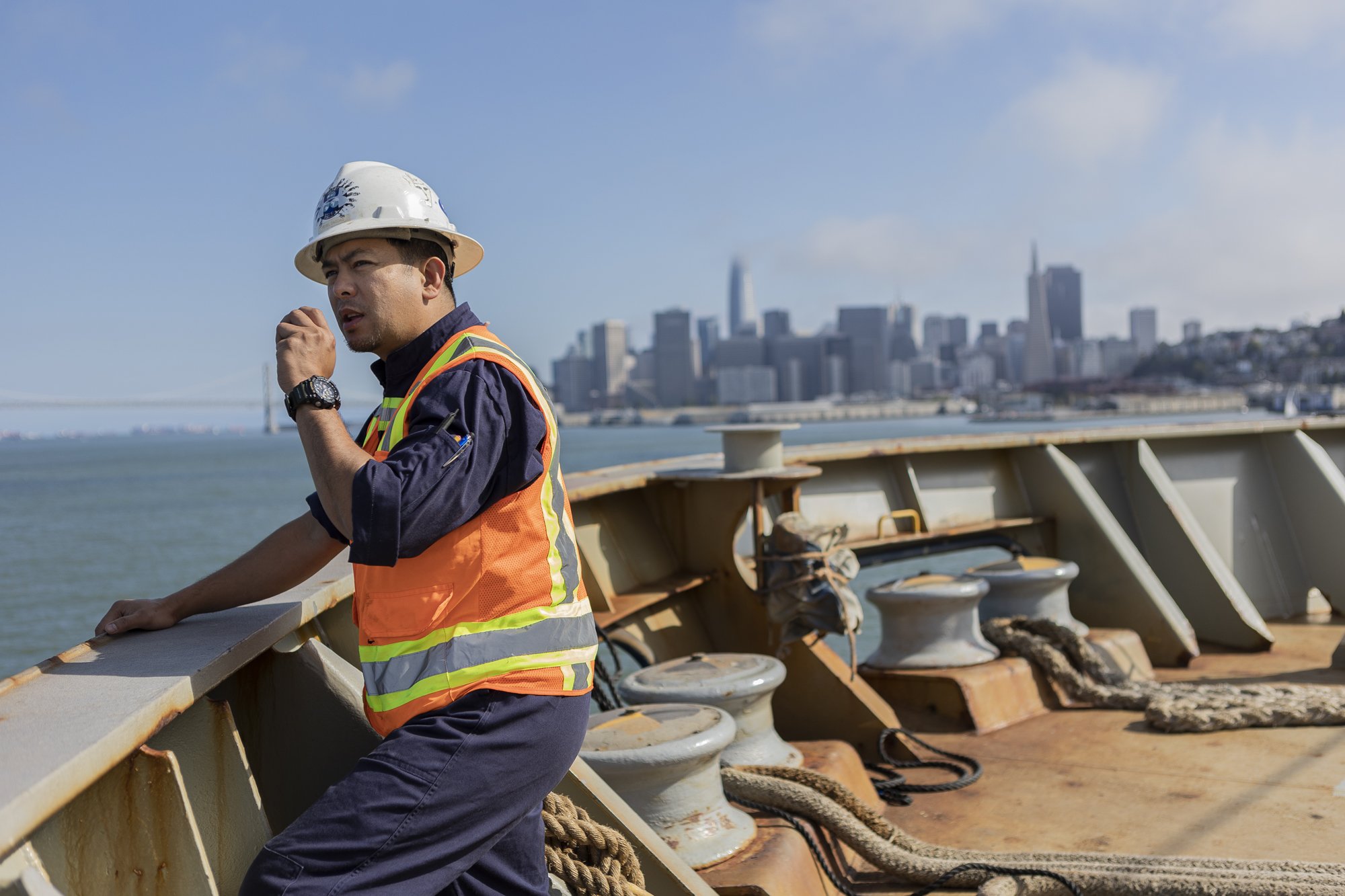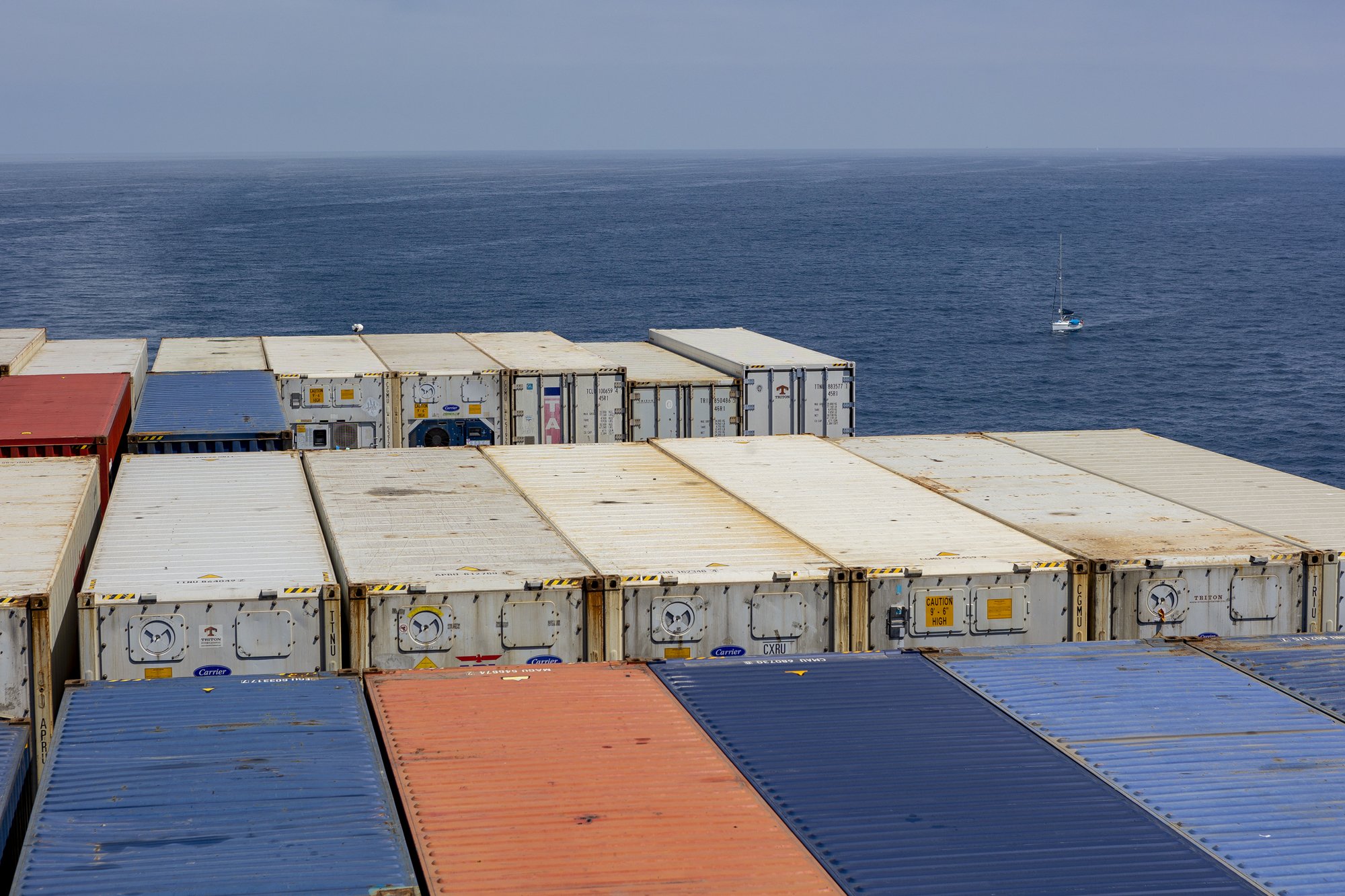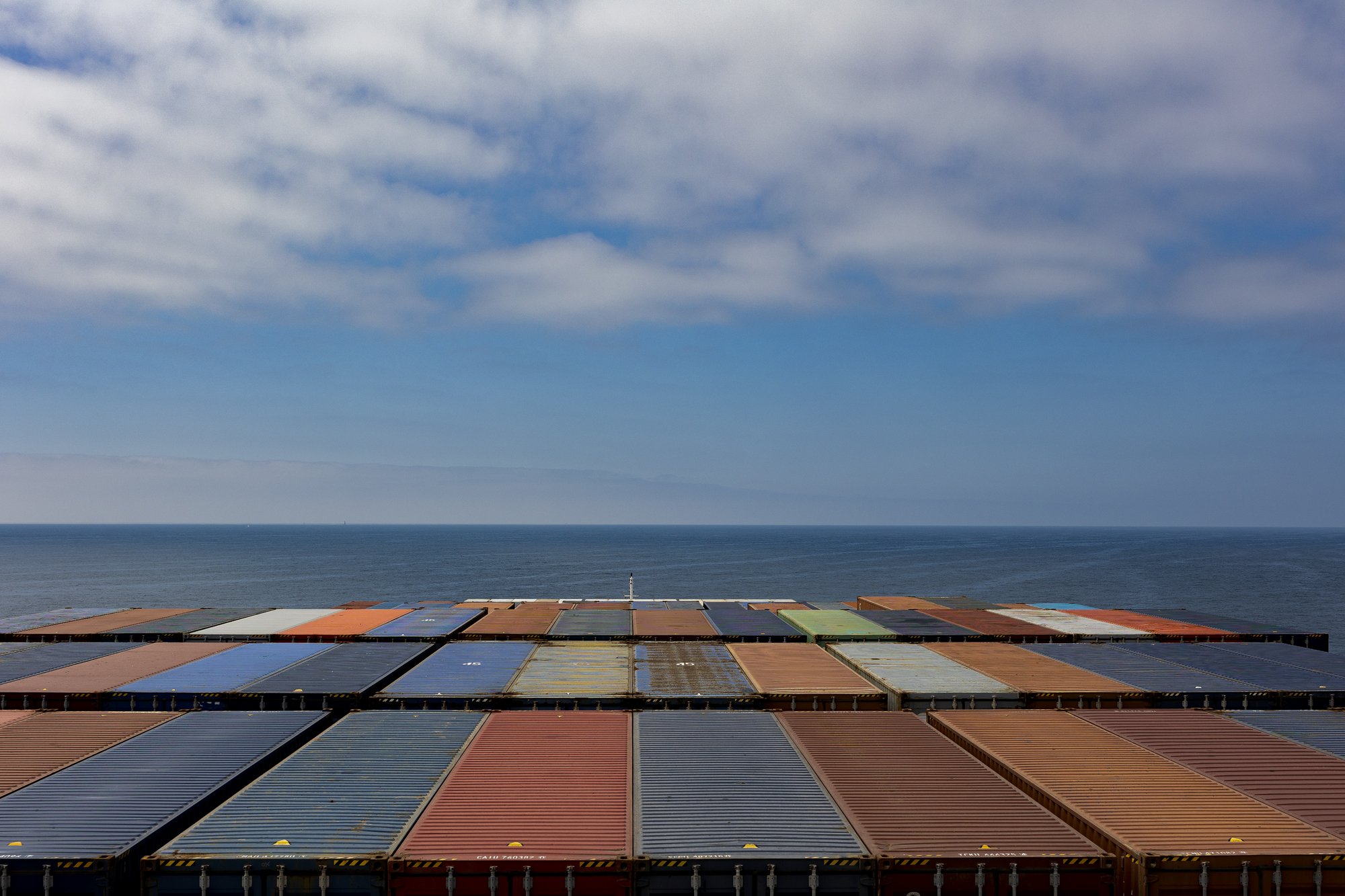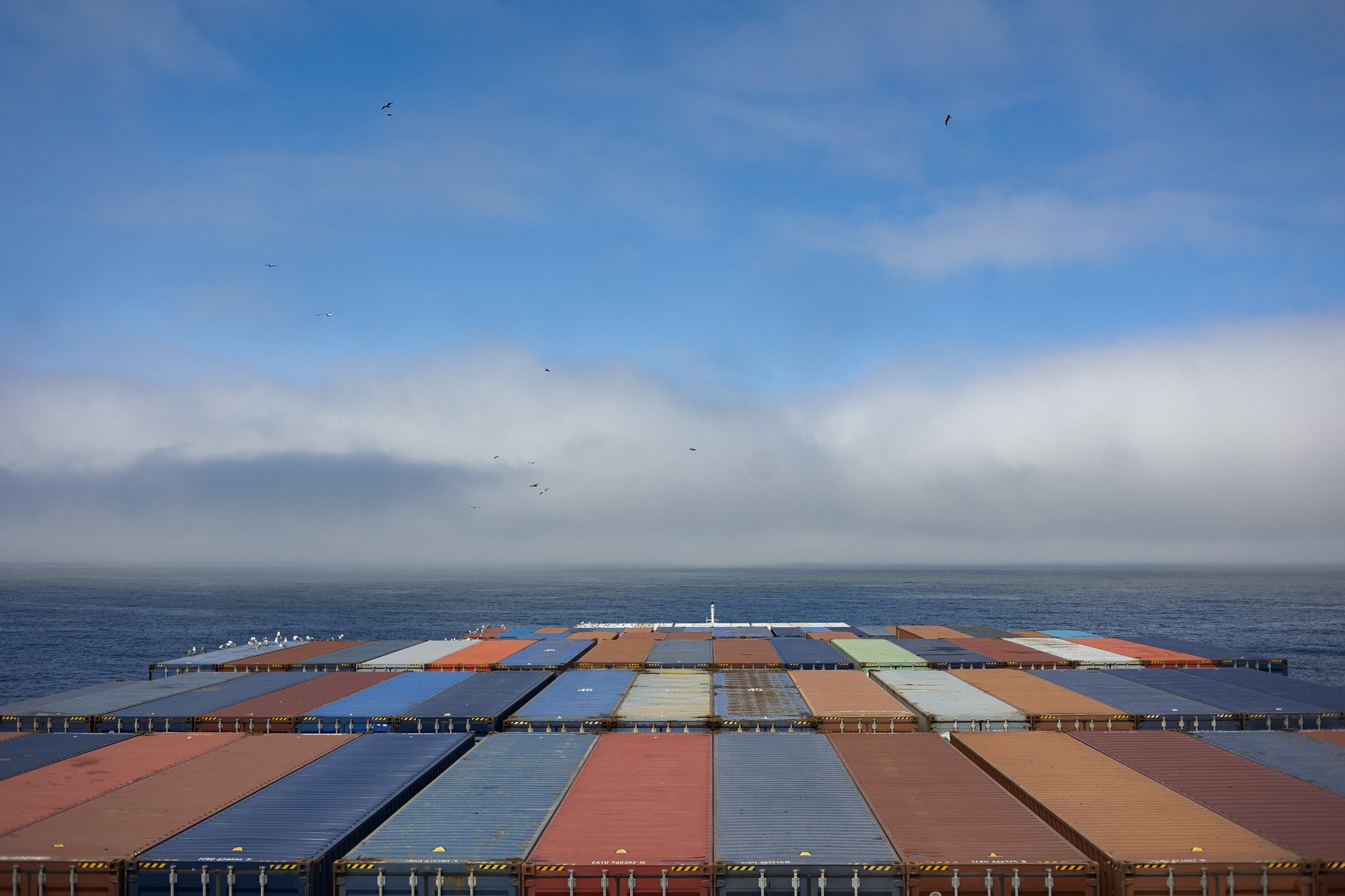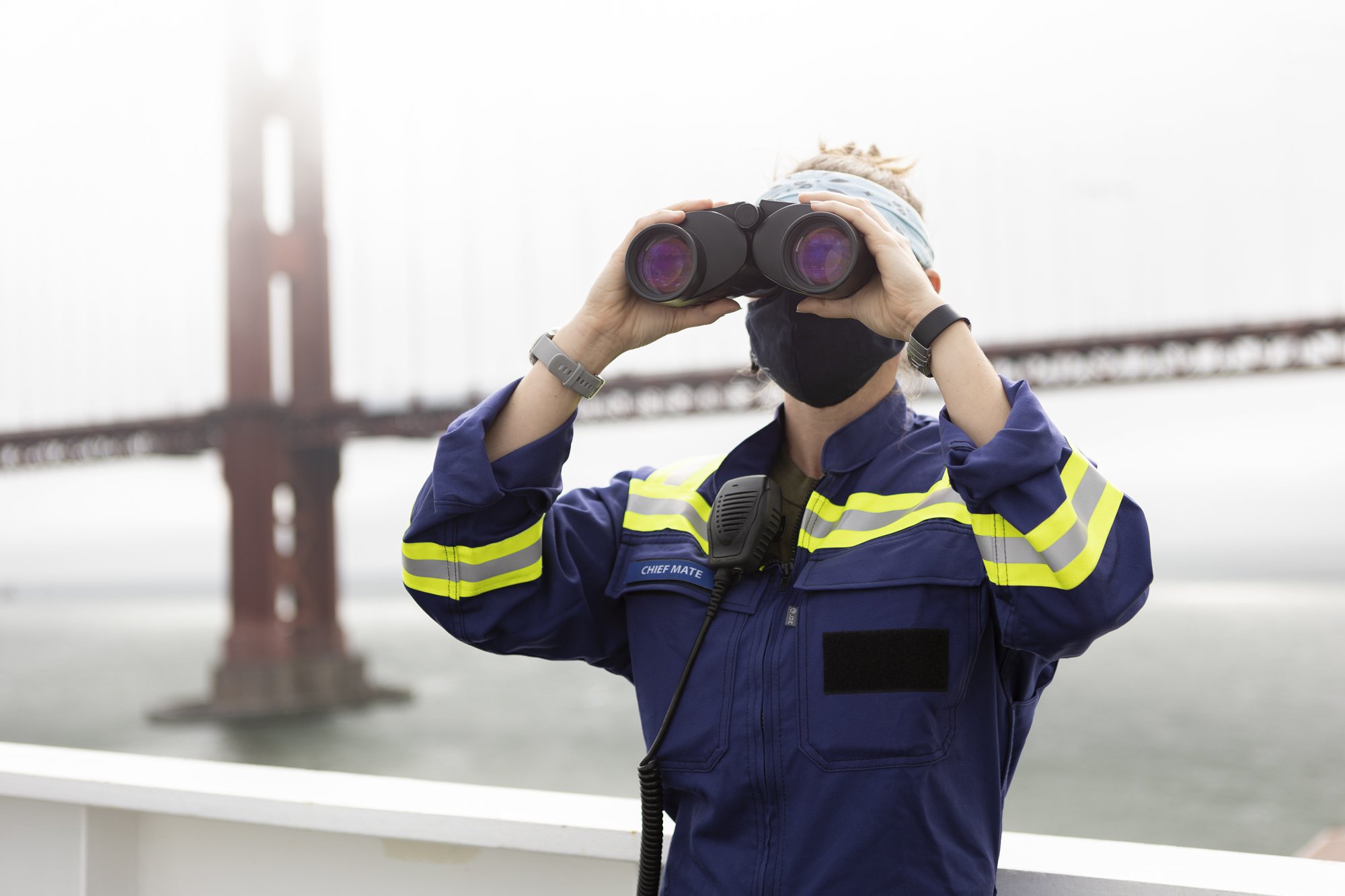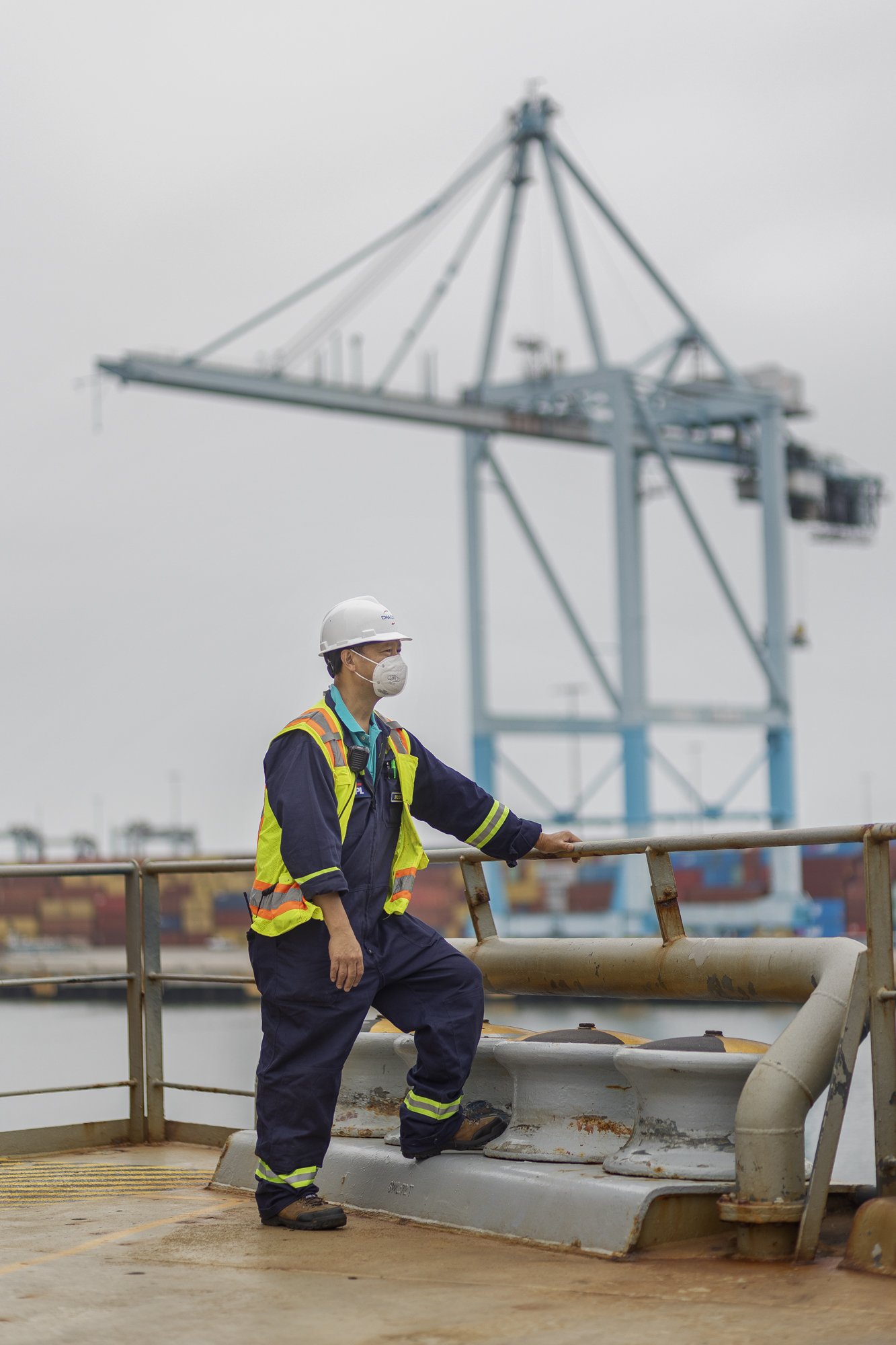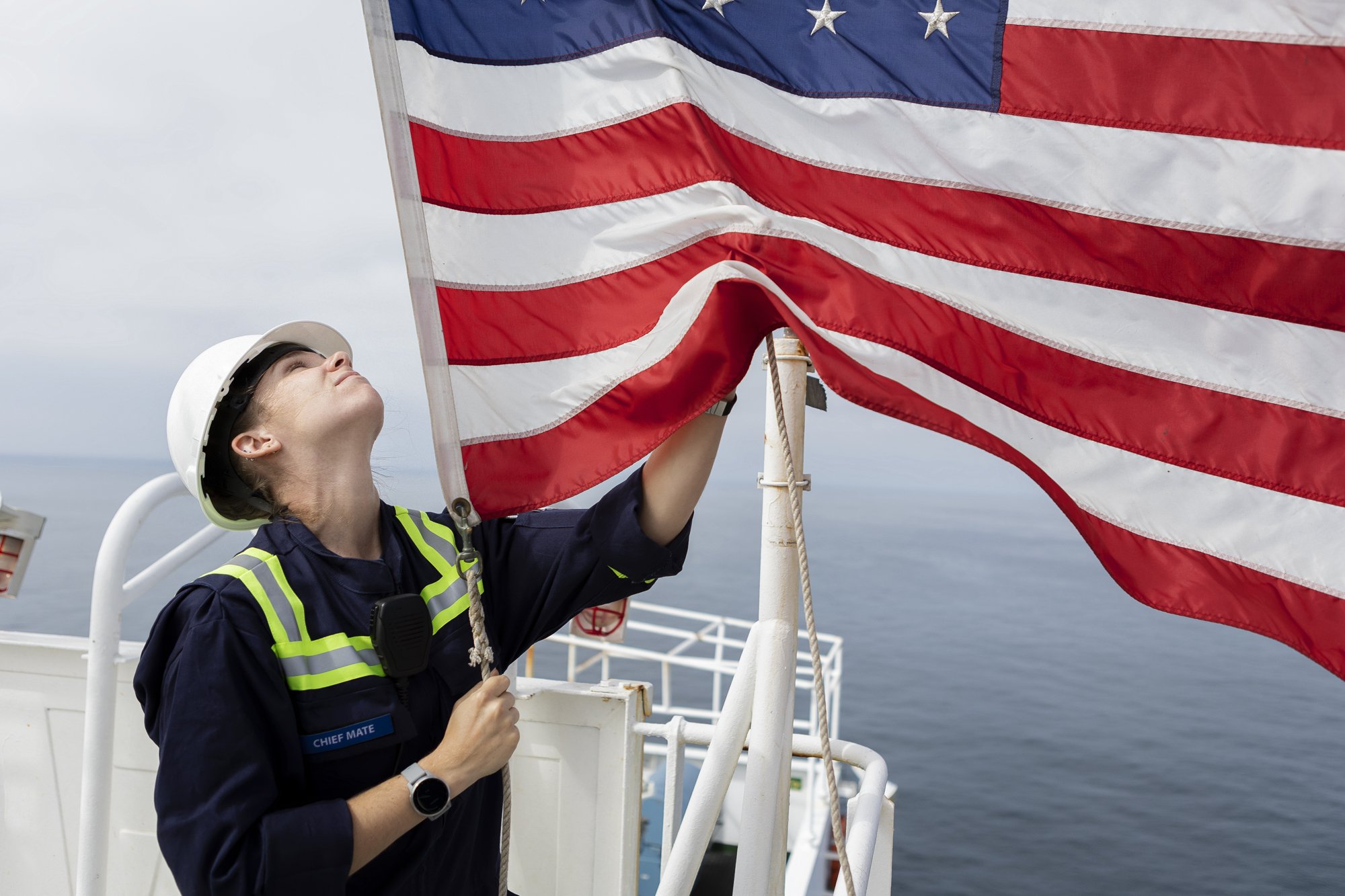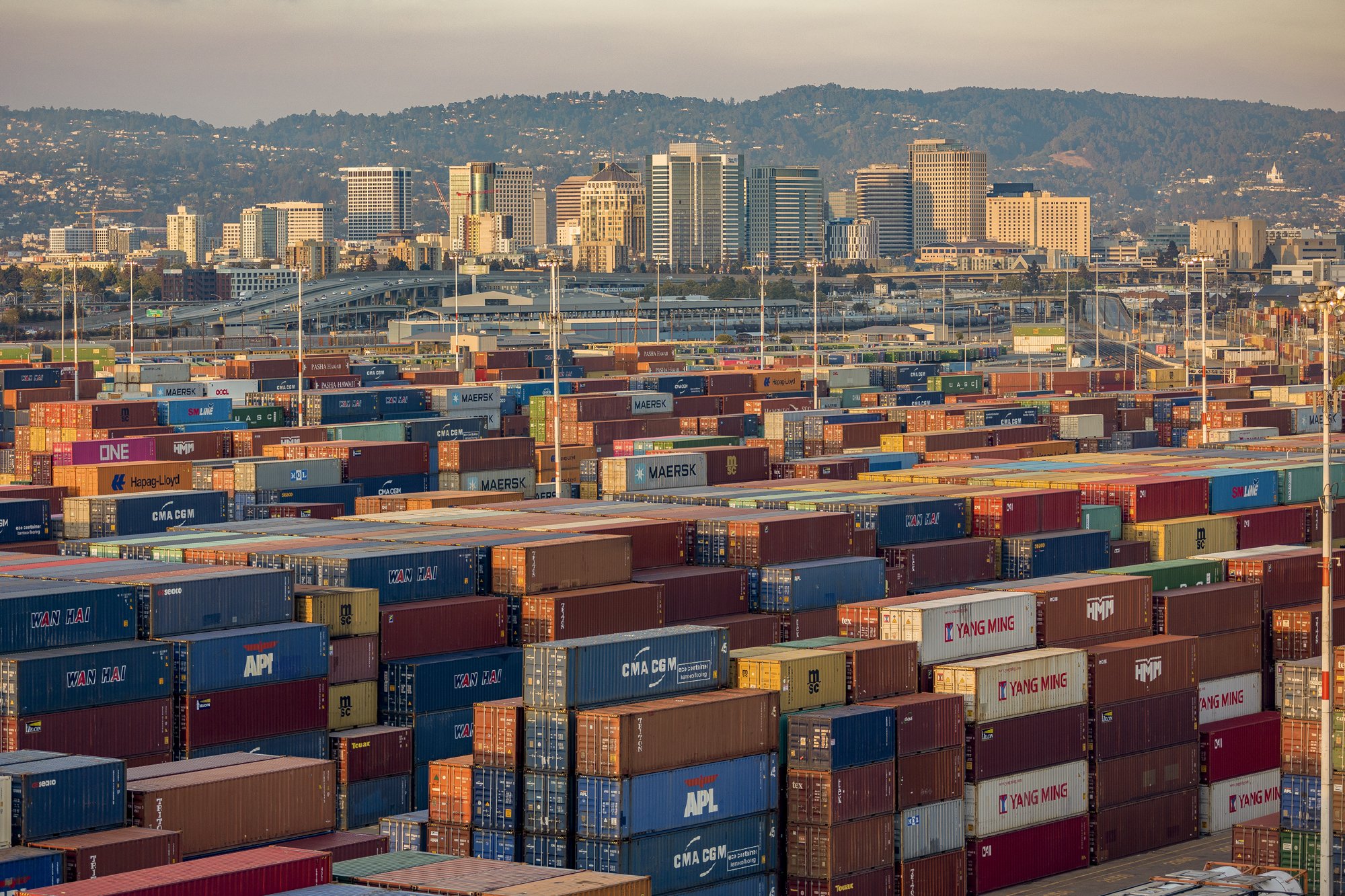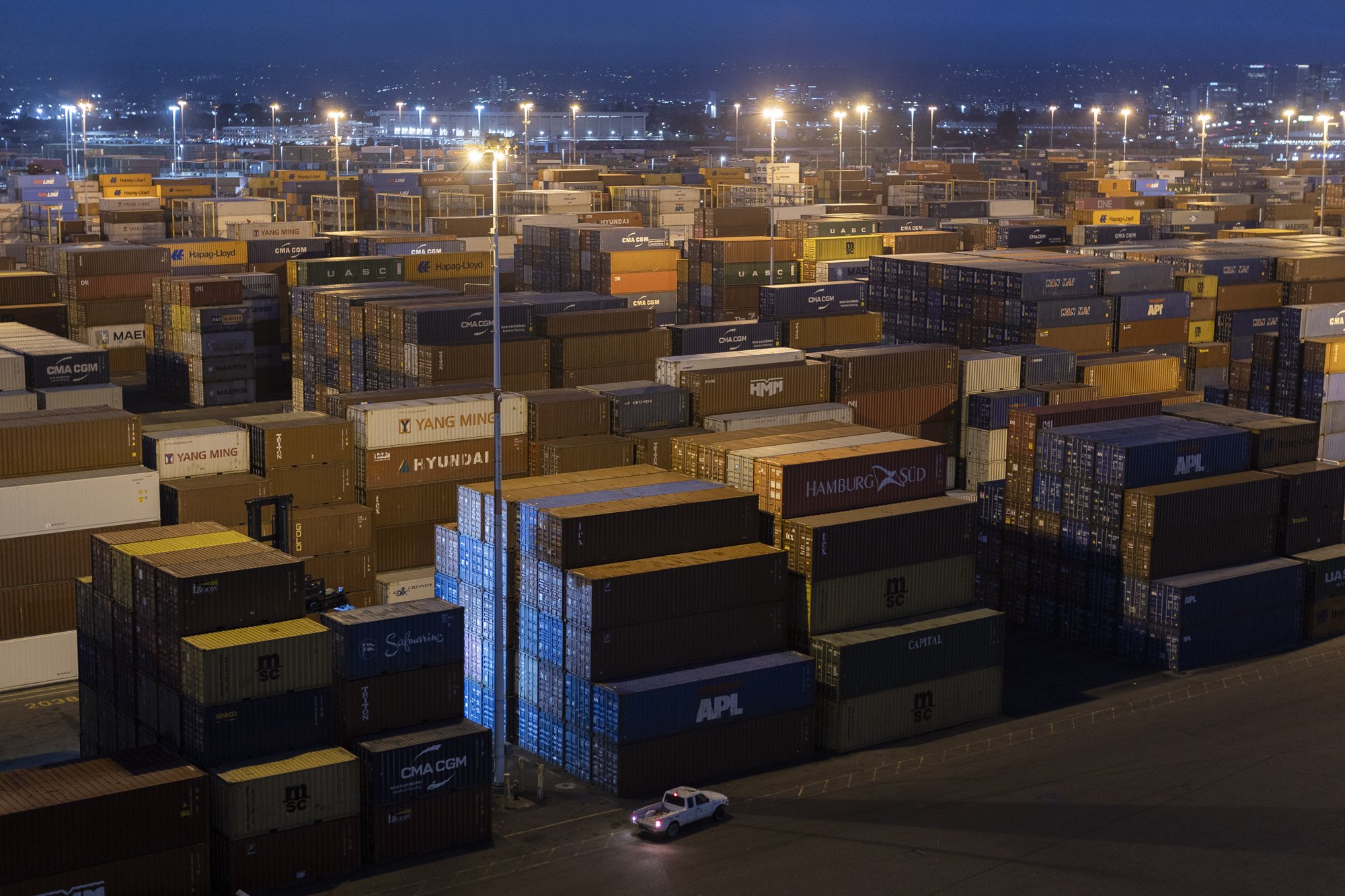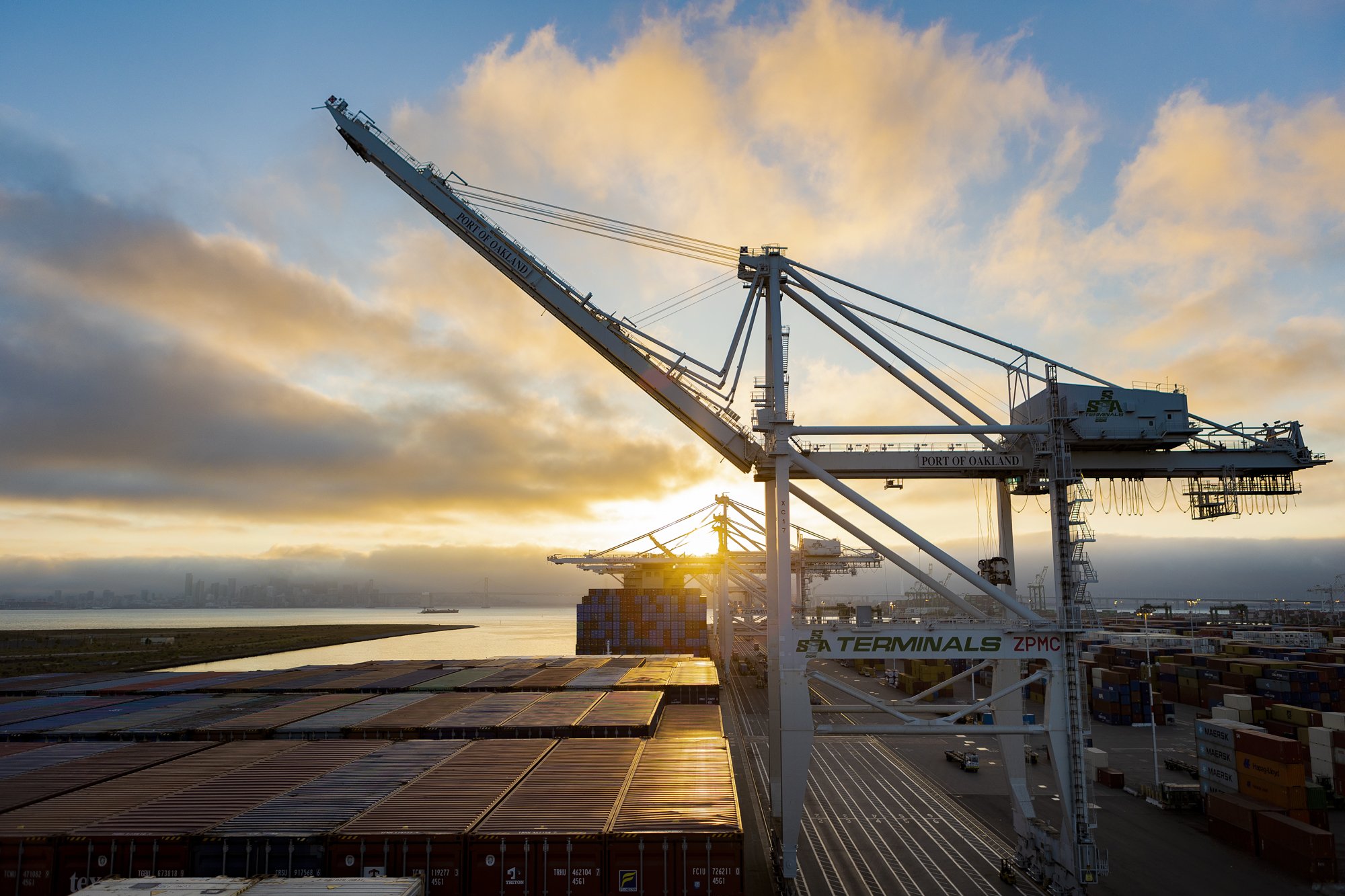
THE U.S. DEEP SEA SHIPPING INDUSTRY
A robust U.S.-flagged fleet means trade we can rely on, diplomatic strength and resources, and a fair future for American workers and our environment. It’s more important than ever to ensure that our trade can continue to move without relying on foreign ships. Other countries’ fleets are rapidly growing while ours decreases, but we need a robust fleet to secure our national security and economic interests. These commercial deep sea shipping vessels transport supplies to our troops overseas and manage vital international missions. As we look towards the future, we can support an industry that is a vital national resource, building infrastructure, protecting our environment and providing secure jobs from coast to coast.
AMC Members
American Maritime Congress is made up of 13 independent companies.
DID YOU KNOW
?
DID YOU KNOW ?
The U.S. shipping industry - both domestic and international - is responsible for 650,000 U.S. jobs and $41 billion dollars in U.S. labor compensation and $150 billion in annual U.S. economic output compensation.
According to the U.S. Bureau of Labor Statistics, the American Shipbuilding and repair industries create some 134,000 jobs nationwide and contribute around $60 billion to the economy per year.
The Marine Engineers’ Beneficial Association (M.E.B.A.) is the nation’s oldest maritime labor union, established in 1875.
Landlocked Tennessee generates $2.1 billion dollars annually from the maritime shipping industry.
The U.S. has only 84 international deep sea trading vessels, but the rest of the world has over 50,000.
The industry helped the U.S. government procure and destroy the precursors to deadly chemical weapons from Syria.
Maritime shipping is the most fuel-efficient way to transport cargo and has the lowest carbon footprint per ton of any large-scale shipping method.
Right now, only 2% of our country’s imports and exports move on U.S.-flagged ships, and the rest is reliant on foreign ships.
Contact us
Contact us
